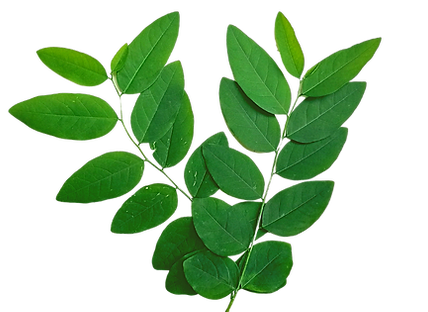


1
Can spiders and other stowaways be found in bunches of bananas?
Spiders and other invertebrates may very uncommonly be found in bunces of bananas, with small lizards and amphibians also being encountered. Most banana plantatations are organic and do not use pesticides, which can lead to rare occasions when stowaways may be encountered in produce in the UK.
2
I have found a stowaway what should I do?
Whilst it is extremely unlikely that any stowaways are harmful to you or your pets, it is possible so always use caution. If you find a spider or other animal DO NOT TOUCH IT. If the bananas or fruit are already bagged then place this into another plastic bag such as a bin liner for example, or into a plastic box with a secure lid. Contact the NCRW and we will advise you on what to do next. It is a legal requirement that you report the findings to someone, as there are legal implications for vertebrates under the Animal Welfare Act. Head to our Stowaway page for more information.
3
What spiders could I find?
The most commonly encountered issues are egg sacs or cocoons attached to bananas. It is important to be clear these ARE NOT egg sacs of Brazilian Wandering Spiders, Phoneutria spp, which carry their egg sacs with them and do not deposit them on bananas. If you discover a banana with an egg sac or cocoon attached simply remove the affected banana from the bunch and place it in a polythene bag securely sealed/tied and place it in the deep freeze for at least 24 hours. This will kill any critters and the bag can then be safely disposed of. It is very rare, but occasionally actual spiders may be found in bunches of bananas. The story often portrayed in the media that these are Brazilian Wandering Spiders is grossly misleading, it is in fact extremely rare that this is the case. It is, however, important not to take any risks. You should regard any spider found as potentially harmful. The Banana Spider (Heteropoda spp) is more commonly found and is harmless to man. They can bite if provoked but the venom is generally not harmful to humans. Other spiders ocasionally found are the Recluse spider (Loxosceles spp) is an innocuous looking spider and is very small, but is dangerous to humans, The bird eating spider (Tarantula Avicularia/Brachypelma spp), a large gentle spider occasional found as juveniles and rarely as adults in consignments of bananas. They can bite but are harmless to humans. They can also flick hairs from their abdomen which can cause irritation.
4
What other creatures might be found?
Examples of other animals that may be encountered are:
Scorpions (Centruroides/Tityus spp) - Scorpions should be considered potentially dangerous and all contact should be avoided.
Beatles, cockroaches and other bugs - There are many different types/species of bugs that may occasionally be encountered, but they are not harmful to humans.
Tree Frogs (Hyla/Scinax spp) - A number of different species of tree frog are occasionally found in bunches of bananas, they are harmless to humans.
Geckos/lizards: occasionally a number of different species of tree fogs can be found in bunches of bananas, but they are harmless to humans
5
If I find an animal that I feel may not be native to the UK what should I do?
Contact the NCRW, we will ask you to send us a photo or video of the animal, or take a video call where we can assist with identifying the creature, and talk you through how to safely contain the animal until we can arrange collection. Head to our Stowaway Page for more information on what to do.





Frequently Asked Questions



